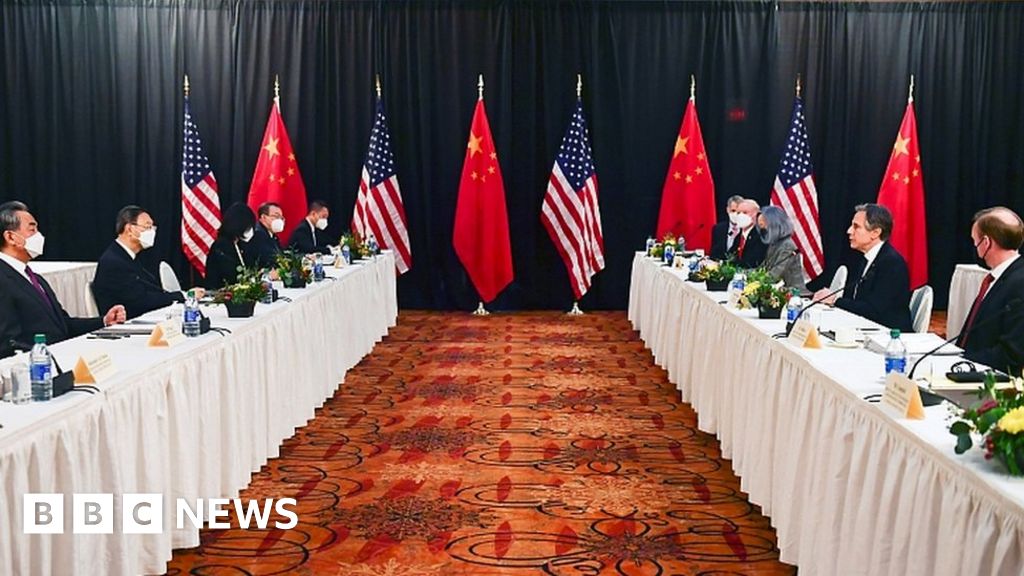Taiwan Timelines
Third, there are as many myths about China’s external behavior as there are about its domestic policy. One of the most common is: Xi is deeply nervous about Taiwan’s future and is set to invade Taiwan in the next two to three years. In fact, former national security adviser H.R. McMaster suggested this in recent
testimony before the Senate Armed Services Committee.
This is a misreading of China’s calculus toward Taiwan and the current situation in cross-strait relations. China’s top leaders have long viewed the Taiwan problem as fundamentally a
political problem, not a military one. Their consistent preference has been, first and foremost, to
deter independence rather than to compel unification by force. They have deployed a mix of coercion and incentives to do so, and recent military activities around Taiwan reflect this.
Beijing’s strong preference is to create a situation in which the people of Taiwan and their leaders recognize their future is inevitably tied with the mainland, and then
negotiate a reunification deal on Beijing’s terms. The Xi administration’s undermining of Hong Kong’s political and legal autonomy serves only to make Taiwan more resistant to Beijing’s overtures. This means Beijing will need to rely even more on coercion and political warfare to achieve its goal of reunification. This reality, more so than armed conflict, is the near-term challenge U.S. policymakers need to be focused on.
Even in the context of
rising cross-Strait tensions, there is little evidence that Xi is uniquely anxious about Taiwan now and preparing an all-out invasion of Taiwan in the next two to three years. All Chinese leaders have to talk tough, and Xi is no exception. But he has never set a clear deadline. The closest he came was in a
January 2019 speech linking the achievement of “national rejuvenation” with Taiwan reunification. The timetable for rejuvenation is still some 30 years off in 2049 (when Xi would be 96). This sounds more like political posturing by Xi within CCP circles than formal planning. Most recently, last week’s annual meeting of the National People’s Congress did not signal any urgency and instead used
stock language on Taiwan, which is unlike last year when comments by senior leaders hinted at a questioning or even a movement away from “peaceful reunification” as a goal.
Invading Taiwan remains an extraordinarily risky and costly action and, in the next two to three years, it would come at a
crucial time for Xi’s big domestic agenda. It is the one move that could short-circuit Xi’s vision of national rejuvenation – any military action short of complete victory would be a loss. Even if an invasion succeeded, China would then have to occupy Taiwan and seek to pacify its 24 million citizens, gutting Taiwan’s economy in the process, including its strategically significant high-tech sector.
Whereas experts continue to debate whether China has the military capability in the next few years to invade fully and occupy Taiwan, there is broad agreement that the People’s Liberation Army has made substantial strides in developing a wide range of capabilities
across the spectrum of conflict that it lacked in the last crisis in 1995 and 1996. Whether China possesses the ability for a military invasion or is close to it, the risk calculus remains complex — major military action will be far from a “no-brainer.” The U.S. military is
increasingly focused on improving warfighting capabilities in East Asia, including doing much more with its Asian allies. All of this will enhance deterrence.
The most immediate challenge for U.S. policymakers is China’s coercion strategy, which seeks to shape outcomes in Taiwan by means short of outright aggression. While many of Beijing’s recent efforts to affect Taiwan’s domestic political environment have backfired, Taiwan’s people, as well as its political, economic, and military institutions, are nonetheless coming under increasing stress. Washington needs to be attentive to a loss of confidence by the people of Taiwan in their future, or a loss of faith in U.S. reliability, producing a resignation that their future is with the mainland. In response, Washington needs to do more to enhance Taiwan’s resilience and diversification in the face of these pressures.




